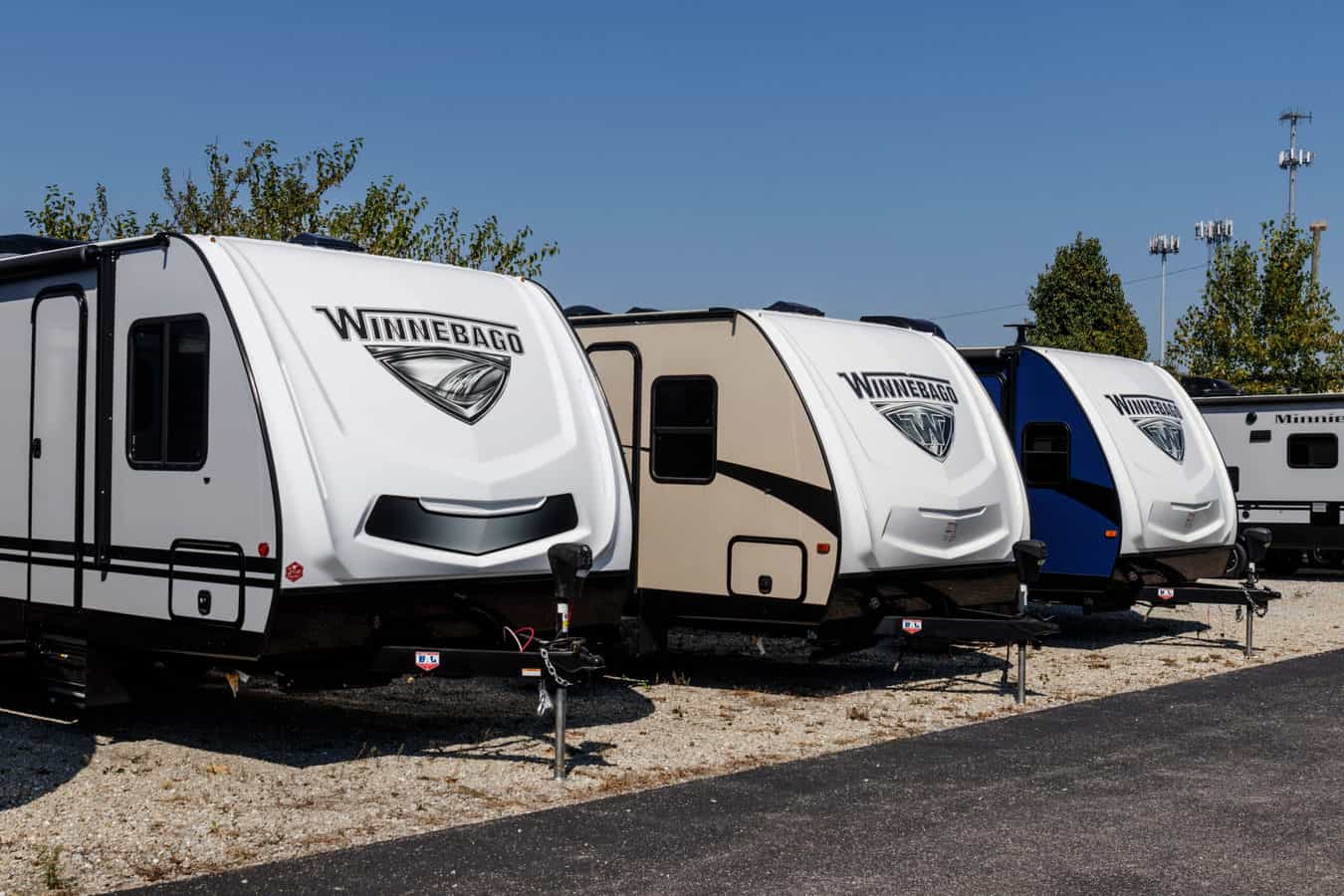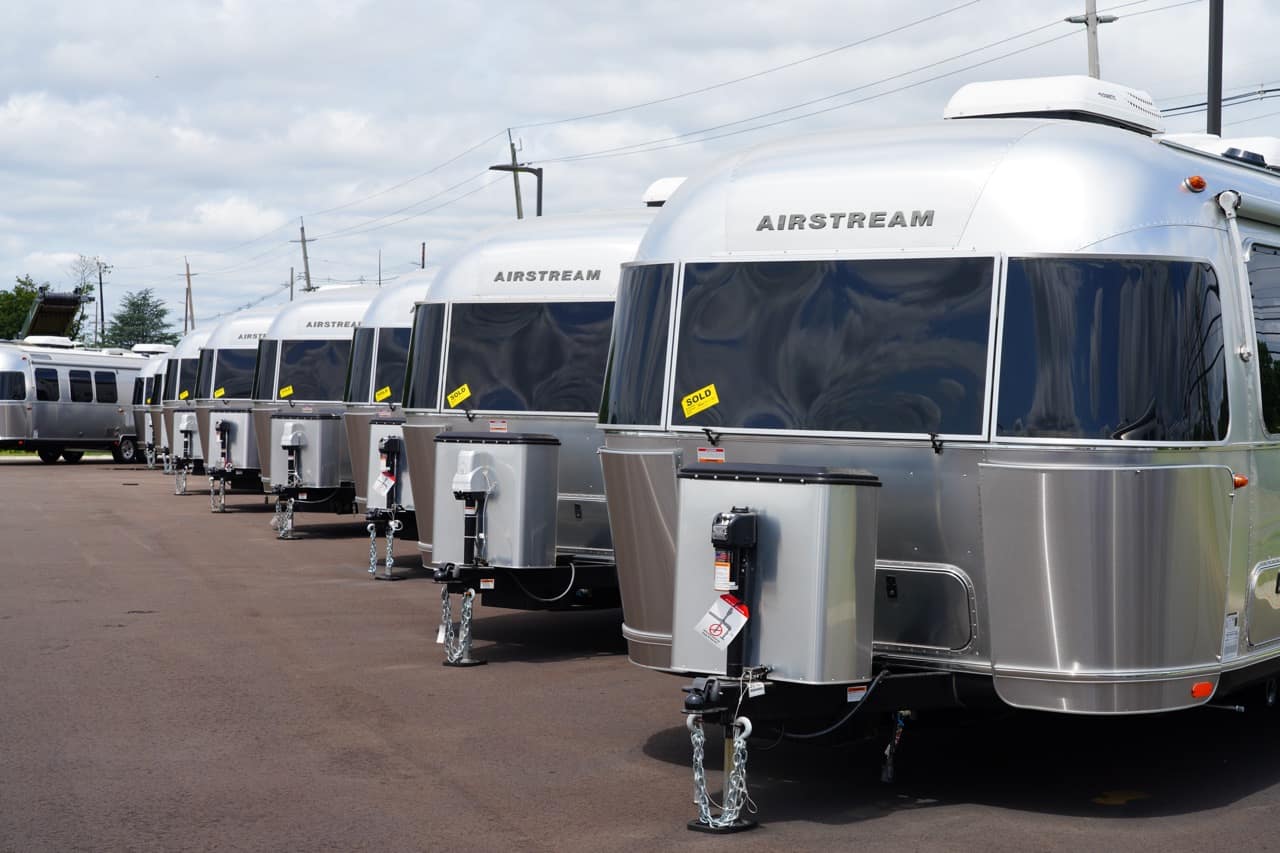Drive Down Your Debt: A Guide to RV Loan Refinancing
RVs are excellent as they combine the features of both homes and vehicles. Nonetheless, the comfort they offer often comes at a high cost. Since most people are unable to purchase them outright, it becomes necessary to pay for them through a series of monthly payments.
RV loans make it possible for you to purchase an RV over an extended period of time. Unfortunately, not all loans are helpful. In many cases, you’ll end up paying large sums every month, plus interest. If you get stuck with a predatory RV loan, you could lose thousands of dollars before you realize your mistake.
That’s where RV refinancing comes into play! Even if you currently have a bad loan, you can always look for new deals that will result in a lower RV monthly payment. Refinancing is a tricky business, and there are several different factors you’ll need to consider. We’ll guide you through the process below!
Secured vs. Unsecured loans
As you search for refinancing options, you might see the terms “secured” and “unsecured” pop up. Most automotive loans are secured, but RVs are more complicated. You may be able to find options for both of these formats, but it’s important to know what each term means.
A secured loan is one that uses the vehicle or RV as collateral. If you fail to keep up with your RV monthly payments, the provider can repossess the vehicle.
This stability often gives you more affordable rates because the lenders trust that they can get the money back one way or another. The interest is usually fairly low as well. So if you want a lower monthly payment, secured loans might be the best option (although they take a long time to pay them off).
On the other hand, unsecured loans do not use the RV as collateral. Because there’s a higher risk for lenders, your credit score plays a major role in whether or not you’ll qualify for an unsecured loan. In this format, the owner carries more responsibility and cannot easily default on the loan.
However, unsecured loans have a lower overall cost, and you can pay them off faster. Unsecured loans are fairly common for inexpensive RVs such as teardrop trailers and Class B motorhomes.
Both secured and unsecured loans come with pros and cons. But as a general rule, you’ll want a secured loan for expensive RVs and an unsecured loan for cheaper ones. However, your budget, credit score, and personal preference will also factor in.
Where to find new loans
When you initially bought your RV, you probably had to apply for a loan of some sort. Most dealerships offer their own rates and deals, but you can also explore third-party arrangements. The same thing is true for refinancing.
You may feel like your current loan arrangement is no longer working, so you’ll start to look for a new loan. If your credit score has improved since you got the initial loan, you might qualify for lower RV monthly payments.
You’ll have three main options if you want to refinance your vehicle: dealerships, banks/credit unions, and personal loans.
RV dealerships
RV dealerships are probably the first option that comes to mind when you think about loans and financing. If you bought your vehicle off the lot, you may have negotiated your initial loan with the dealership. Dealerships want your business, so they may offer low down payment prices. However, this often comes at the cost of a higher monthly payment.
Fortunately, you can negotiate with dealerships. They are usually willing to alter the rates and prices a bit, especially if you have a good credit score.
Once you know more about your RV and how the loans work, you’ll have more bargaining power. Visit your local RV dealership and ask them about refinancing options. You may be surprised at how much they can lower your payments!
Banks/Credit unions
Your next option is banks and credit unions. These are more traditional sources for automotive loans, and they’re fairly stable and reliable. When you work with a bank, you can count on dealing with professionals who will provide a clear paper trail for every interaction.
Unfortunately, banks and credit unions don’t offer a lot of flexibility. Because they’re in the business of lending and selling, they need to create the best possible deal for themselves. They can loan large sums, but you’ll have to pay everything back, plus interest. You also may need to use your RV as collateral.
Essentially, this is a stable option, but there’s not a lot of flexibility. Traditional lenders can help lower your monthly payments if you’ve proven yourself trustworthy, but you won’t be able to haggle.
Personal loans
Finally, you could try to use a personal loan to refinance your RV. This path isn’t viable for everyone, but it’s a good option to keep in mind. Personal loans come from third-party companies who are willing to lend you money for personal reasons. You can get a lump sum of cash fairly easily, which enables you to pay off your RV.
Unfortunately, personal loans only stretch so far. If your RV is huge and expensive, you may not be able to find anyone who’s willing to cover this purchase. In addition, your credit score will be a huge determining factor. The better it is, the more money you can get.
You also need to be careful when you search for personal loans. These lenders are not as regulated as banks or RV dealerships, so you could get trapped in a predatory loan. Carefully review the loan terms to ensure that you won’t get stuck with high interest rates or other loopholes.
When to consider refinancing
Refinancing an RV is a complex process, and you can’t always find a good deal. Getting a new loan doesn’t always fix the problem. In fact, it often adds more layers to the issue! Therefore, you shouldn’t automatically assume that refinancing will always be the best solution.
However, there are some circumstances that might lead you to look for a new and improved loan. Consider refinancing your RV if:
- You have a better credit score compared to when you got your first loan
- You can’t afford the current monthly payments (some lenders will help you negotiate new terms)
- You found someone to co-sign on the loan
- There are issues with the RV, and you don’t think it’s worth the current payments
- Your current loan is predatory
- You found a lender who provides better terms
Continue your standard monthly payments while you explore your options. Be honest about your financial situation because some lenders might be willing to adjust the terms if you are struggling with the current rates.
Talk to your current lender first, then seek outside help if you can’t come to an agreement. Use an RV loan calculator to determine how much you should expect to pay.
Refinancing an RV is a great way to get a lower RV monthly payment. If your financial situation has improved since you got your initial loan, refinancing is a wonderful option. You can shop around for new loans with better terms and conditions.
Keep your credit score as high as possible and explore multiple different options. You might be able to get a great deal from a dealership if you show them the other quotes and offers you’re looking at. Just be careful about where you go! If you find a deal that seems too good to be true, it probably is.
Get tips from other RVers
Forums such as iRV2.com and blog sites like RV LIFE, Do It Yourself RV, and Camper Report provide all the information you need to enjoy your RV. You’ll also find brand-specific information on additional forums like Air Forums, Forest River Forums, and Jayco Owners Forum.
Related articles:




